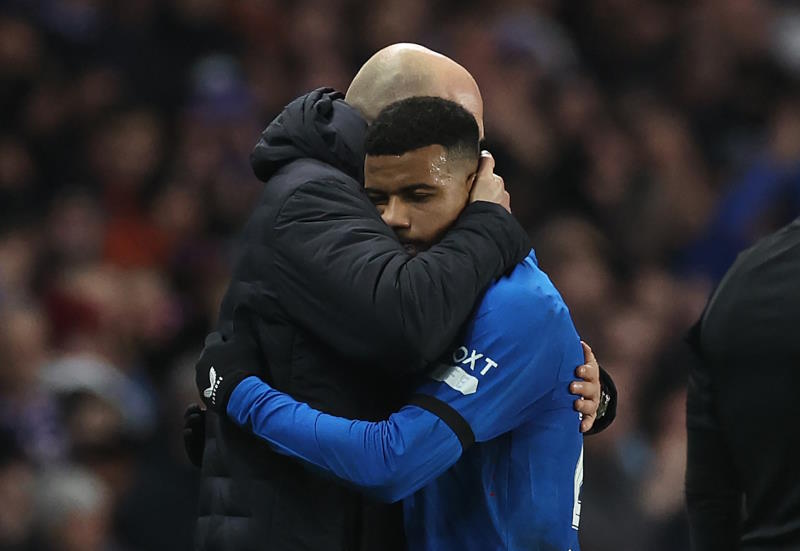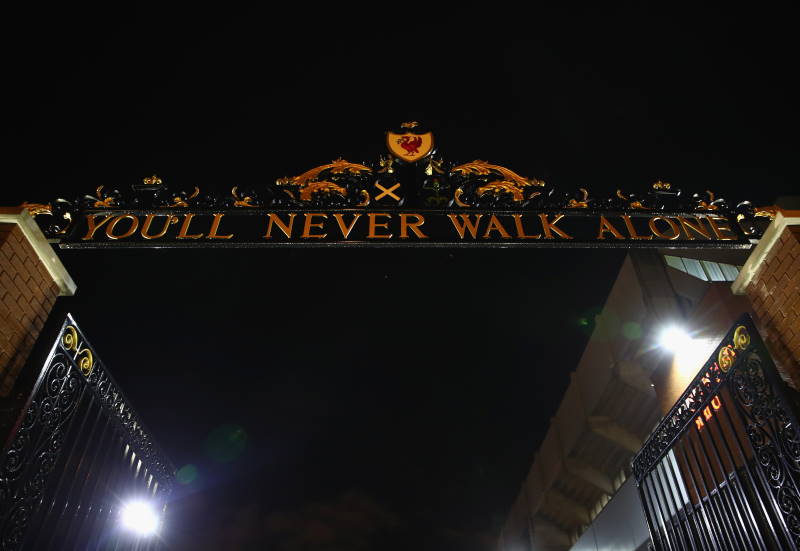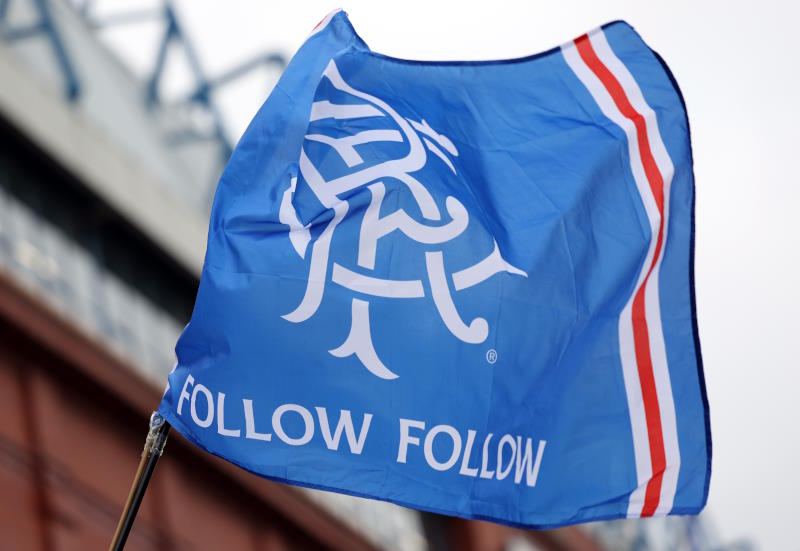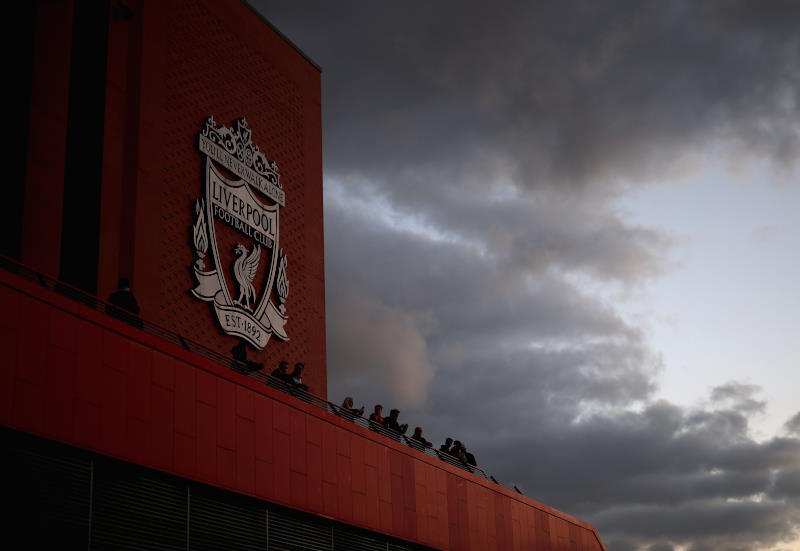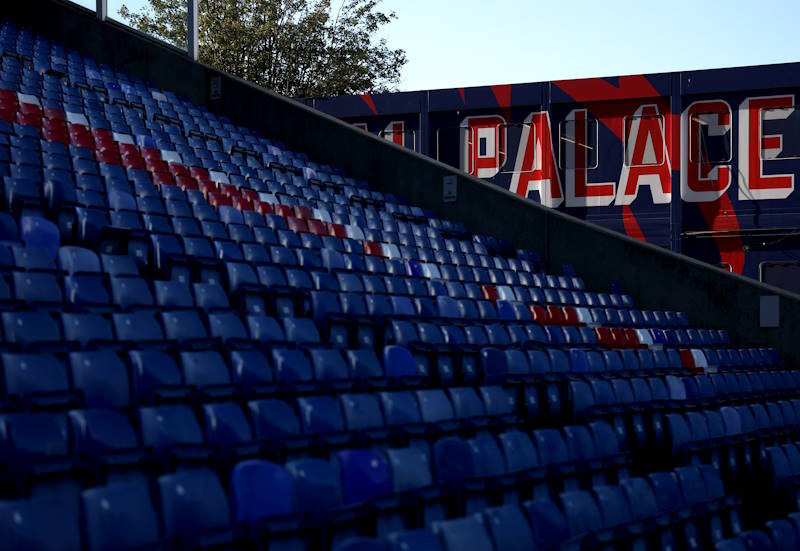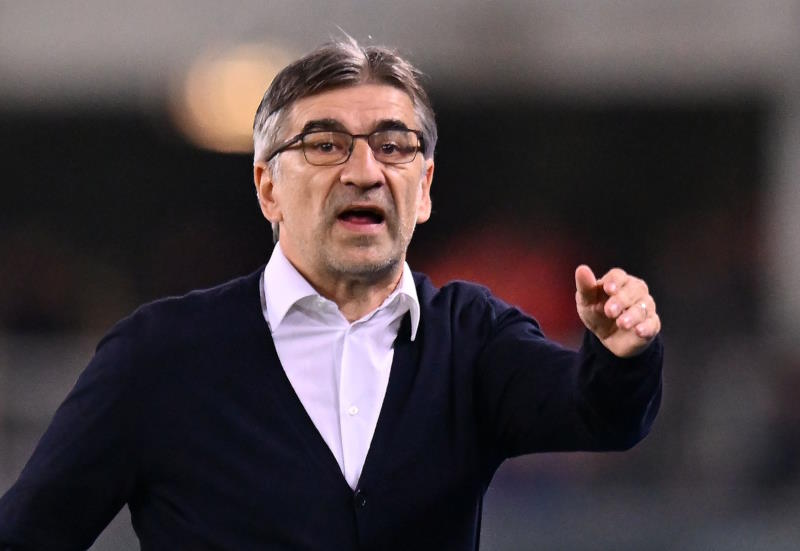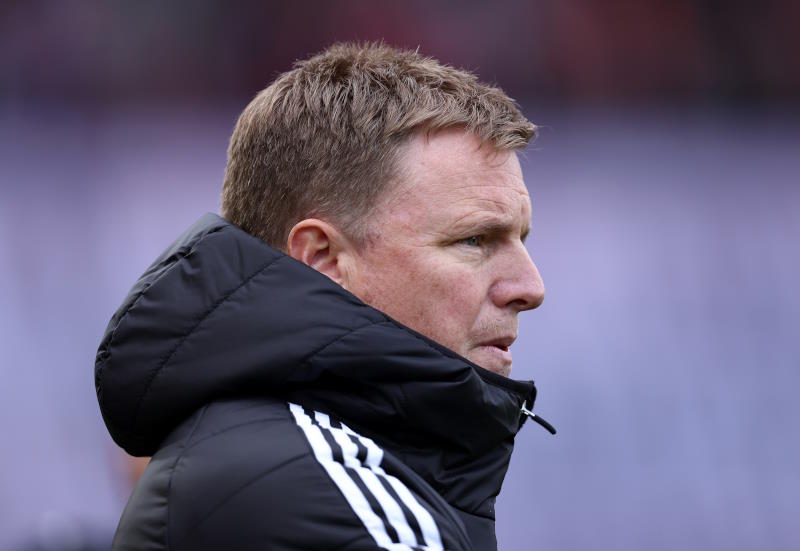
Joe Sharratt
It has been seven years since Jose Mourinho left West London, but Chelsea have still not truly exorcised his ghost. A succession of big name managers have slipped in and out of the Stamford Bridge dugout, and despite their respective achievements, the legacy of the self-proclaimed ‘Special One’ still hangs heavy over the club. Now, by turning to Mourinho’s protégée Andre Villas-Boas, there is a sense that Blues’ owner Roman Abramovich has had to go back to the Mourinho blueprint in order to move forward.
But what of FC Porto? For the newly crowned Portuguese and Europa League champions there is a rather less satisfying sense of deja vu in losing another successful manager to the riches of the English Premier League, particularly given the success Villas-Boas brought to the Portuguese giants in just a single season at the helm. Despite only taking the reigns at Porto a little under a twelve months ago, Villas-Boas completed a historic quadruple last season at the record-breaking age of just 33.
Such rapid success is perhaps no great surprise for a man whose career path has followed far from the established norm. After notoriously coming to the attention of legendary English manager Sir Bobby Robson when living in the same apartment block as the then Porto boss, Villas-Boas was invited to join Robson’s team at the age of just sixteen, where he was assigned to the club’s observation department and tasked with researching and preparing detailed scouting reports on upcoming opponents.
At seventeen years of age Villas-Boas was studying for his UEFA C coaching licence, and just four years later a stint in international management with the British Virgin Islands followed, before he made his way back to Porto to work under Mourinho, who has publicly referred to Villas-Boas as “my eyes and ears.” When Mourinho moved to Chelsea and subsequently Inter, Villas-Boas joined him, absorbing knowledge and guiding his boss’ hand with his tactical insights.
By the start of the 2009/10 season however, Villas-Boas was determined to cut his teeth in the world of management. In October his chance came when troubled Académica de Coimbra appointed the much-hyped coach, and in just over six months Villas-Boas took the club from bottom of the Primeira Liga to an eleventh placed finish and a creditable semi-final appearance in the Portuguese League Cup. But it was the attacking and composed style of football implemented by the promising coach – reminiscent of that deployed by Mourinho but considered more defensively accomplished – that brought him back to Porto.
Success was virtually instantaneous as a 2-0 victory over Benfica handed Villas-Boas his first trophy, the Portuguese Supercup, within two months of his appointment. Over the following year the Primeira Liga, the Portuguese Cup and the Europa League were all added to the new man’s increasingly impressive CV, which was catching the eye of Europe’s biggest clubs. Any hopes the Porto faithful had of hanging on to the promising tactician were extinguished when it was announced a month ago that he had tendered his resignation.
Club president Jorge Nuno Pinto da Costa was initially upset with the departure, claiming that Villas-Boas had been “afraid” of trying to emulate the success of Mourinho. For his part, Villas-Boas has played down comparisons with his mentor, insisting that it is Robson who has had the biggest influence on him. Whatever the truth may be it is Pinto da Costa who faces the prospect of building on the success of a ‘special one’ for the second time; a task that is far from easy.
But this time there are some significant differences. In the aftermath of Mourinho’s departure in 2004 Porto reached out to Luigi Delneri – with the Italian only lasting four weeks in the job. This time Pinto da Costa has promoted from within, turning to 42-year-old Vítor Pereira to fill the vacancy. Pereira, who had previously served as coach of Porto’s junior side, worked as assistant to Villas-Boas over the last year, and in taking on the managerial role brings some much needed continuity to what could be a volatile period for the club.
Hanging on to stars such as Radamel Falcao, Alvaro Pereira,. Hulk and Joao Moutinho may well be the key factor for Pereira and Porto if they are to build on, or even just consolidate, last year’s success. Though no departures have yet been confirmed, Pinto da Costa has been clear that only Hulk is considered irreplaceable, and with Villas-Boas ready to raid the Estádio do Dragão for reinforcements in his bid to secure Chelsea an elusive Champions League title, Pereira may yet find that his championship-winning squad is severely depleted ahead of the new campaign.
Just as important to Pereira however will be the relative strength of Porto’s opponents. Porto’s winning margin over second placed Benfica last season was a colossal 19 points, and to third placed Sporting Lisbon an even more incredible 36 points; these rivals may find themselves needing to strengthen heavily if they are to mount a serious challenge to Porto’s dominance. The likelihood however is that both sides will face their own struggles to keep their star performers as the trend for the Portuguese top flight acting as a feeder competition for Europe’s elite leagues now appears to be well established.
The other key factor that remains to be seen is to just what extent Pereira was behind Porto’s achievements under Villas-Boas. Though Pereira has never managed a top flight side before, he has been keen to stress his involvement in the the club’s recent triumphs, stating quite tellingly: “Who won was not Andre. FC Porto was the structure and the exchange of experience between us was great. He drank from my experience and I drank of his.”
There is a remarkable symmetry between Pereira, Villas-Boas and Mourinho, none of whom made the grade as professional players, all instead taking an academic route into management. Though Pereira lacks the swagger of Mourinho and the verve of Villas-Boas, there is every chance this quiet, unassuming 43-year-old could be the latest sensation at the Dragão.

